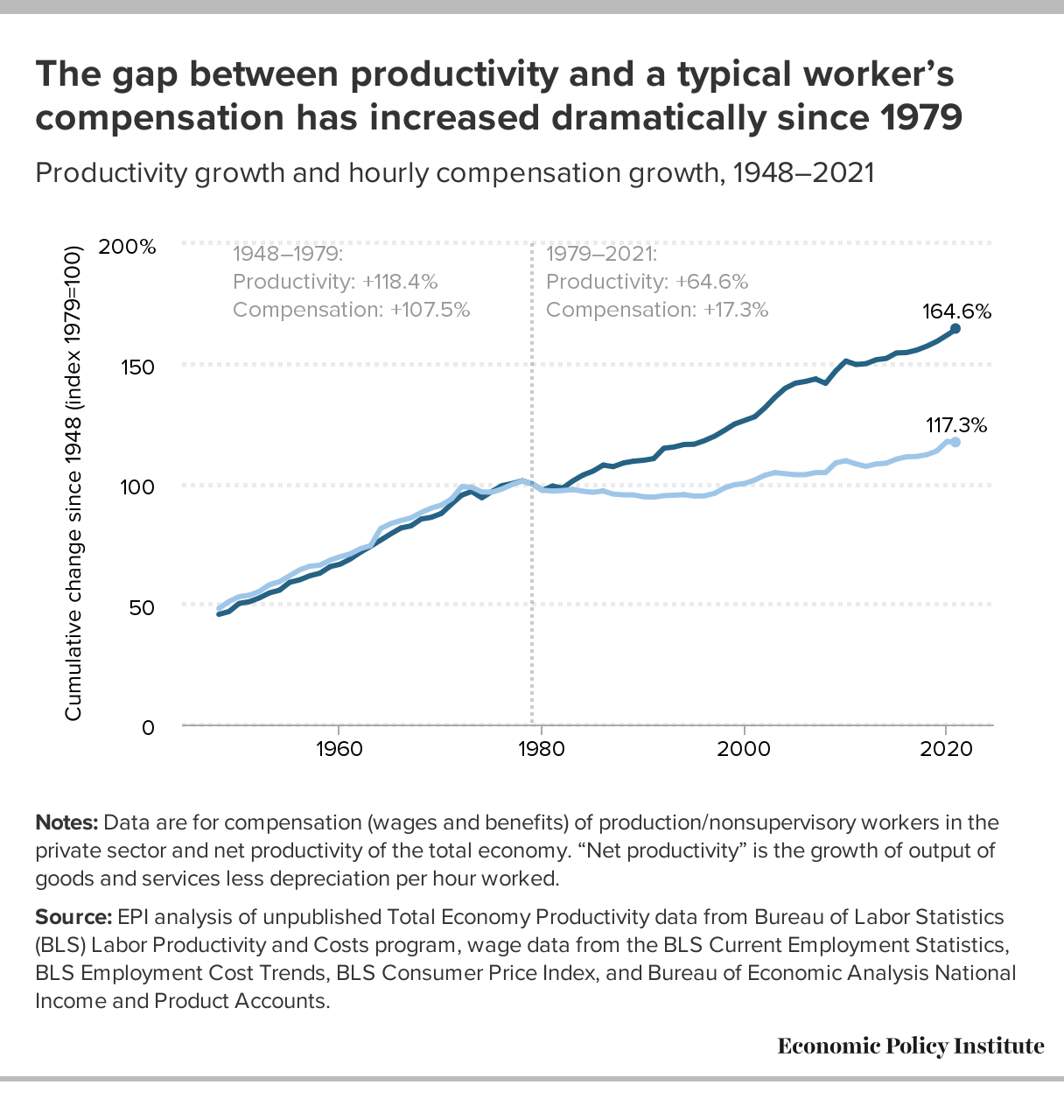Anywhere Working & The Flawed Logic of Elon Musk
On the thinly veiled desire for control over people and their work by those who would profit obscenely at their expense.
Perhaps at some point in the past, Elon Musk had a degree of regard for his fellow human being. Maybe when he was a kid, he cared about doing right by his friends. Maybe he had relationships that benefitted him and others to equal degrees—quid pro quo—and always had an anchor firmly lodged in an ethical and moral ground. And as he got older, maybe he cared for his first employees at PayPal and, in spite of the demands of business, was always concerned with creating an environment where they could flourish. He might have even cared for the well-being of his parents and others close to him…
Or maybe he didn’t.
Maybe his orientation is, and always has been, primarily turned inward, and all concern for the world revolves around and is directly related to him. It’s not untypical for business leaders such as Musk to be grounded in the image of themselves like this, and his recent remarks regarding the work-from-home trend speak to the truth of his reasoning and moral grounding.
In a CNBC interview on 6th May this year, Musk said,
“I think that the whole notion of work from home is a bit like the fake Marie Antoinette quote, ’Let them eat cake. It’s not just a productivity thing, I think it’s morally wrong. It’s like, really, you’re gonna work from home and you’re gonna make everyone else who made your car come work in the factory? You’re gonna make people who make your food, that gets delivered, they can’t work from home? You know, the people who come fix your house, they can’t work from home, but you can? Does that seem morally right?
Where do I even start to pick this apart…it’s such complete nonsense. It’s such a poor argument I can’t even bring myself to address the flaws in it. The interviewer seems puzzled, but doesn’t manage to form an argument. He seems more inclined to pander to the business and technology guru.
If you watch the video, you’ll see that he struggles to get the words out. He stumbles around, grasping for the right ones, over-analysing what it is he thinks he should say. He quite obviously believes one thing and tries to veil that with something else. He is at odds with what he believes and how he should communicate it because he knows everyone else will likely be horrified. Maybe he is, on one level, horrified by his own beliefs. Regardless, he attempts to manipulate the situation, albeit very badly. He is machiavellian, narcissistic, and maybe even a tad psychopathic.
He plays the moral card, attempting to divide the people who work for him. He says, your workmates are stealing from you. Why should they get away with working from home when you don’t or can’t? This is an old-school political tactic, but he doesn’t execute it very well. He doesn’t have the capacity to convince us, and anyone with an ounce of insight can observe his deceit.
What’s Really Going On
Going back to the time of serfs and kings and beyond, the primary aim of men has been power and control and the fulfilment of their grand self-ideal. Everyone else must toe the line. We and the environment exist as a means to their political, financial, and power ends. This is so today as it was thousands of years ago, and although language, culture, technology, and the work we do have changed dramatically, this aspect of the human condition has not.
In today’s technological economy, waged slaves continue to serve the master, and the master reaps the lion’s share of the spoils. He is never satisfied, however. Greater efficiencies in the work are achieved through new tools and ideas, but the worker cannot access the benefits of these improvements. The master dictates their pay—always. You get less and less, and they get more and more. The OECD says that the gap between rich and poor in its member countries has reached its highest level for over 30 years. The income gap has risen even in traditionally egalitarian countries, such as Germany, Denmark and Sweden, from 5 to 1 in the 1980s to 6 to 1 today. In Italy, Japan, Korea and the United Kingdom, it is 10 to 1, and in Israel, Turkey and the United States is 14 to 1.
The graph below from the Economic Policy Institute in the US, shows how the gap between productivity and workers’ pay. The institute says that most Americans believe that as the economy grows, everybody should reap the rewards—but it does not. EPI’s Productivity–Pay Tracker shows that since the late 1970s, US policy has led directly to a pronounced divergence between productivity and typical workers’ pay. In other words, you are being paid less for your time than people in 1979 compared to the profits you are generating for the captains of industry.
Musk wants control over his domain, it is important to his self-image. “I’m a big shot, and everyone must do as I say, but I can’t always let you know that, so I’ll manage the situation and spin you a yarn”. The thoughts of “his” workers working from home, having some control of their work, deciding when to start and when to finish, and having some sense of autonomy over their own lives, sets a blazing inferno raging inside him. So he gets on the TV and pretends. They, your workmates, are stealing from you, he says. But what’s really going on is he and his cohort are stealing from everyone—your time, knowledge, skills, emotion, blood, sweat and tears.
It seems that wealth, power, and control can’t relieve a man of his innate ability to be a complete and utter douche.




